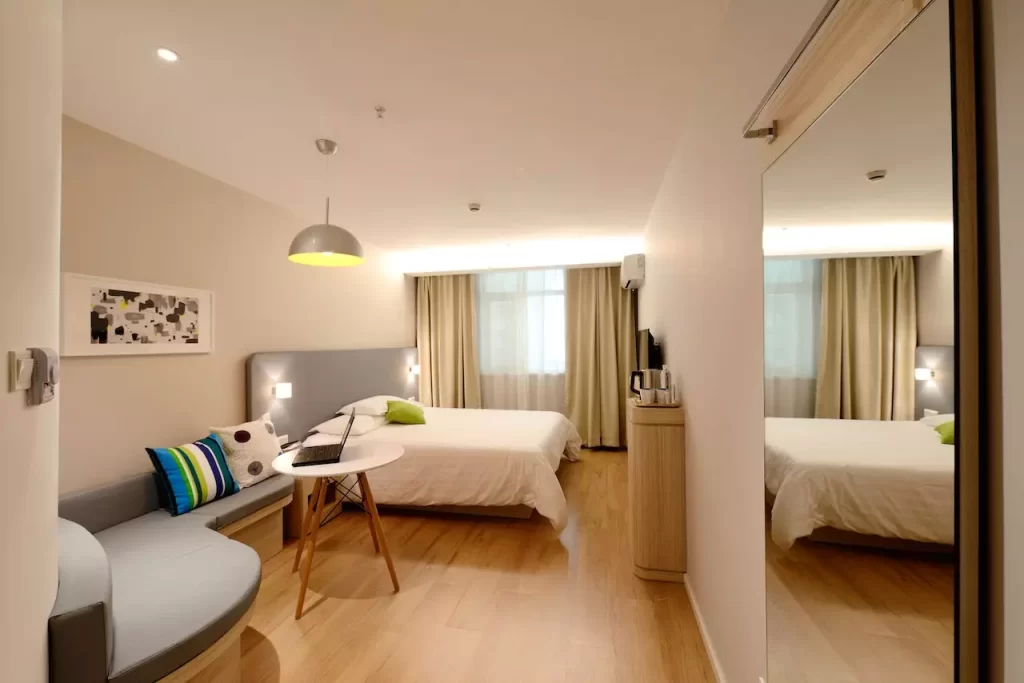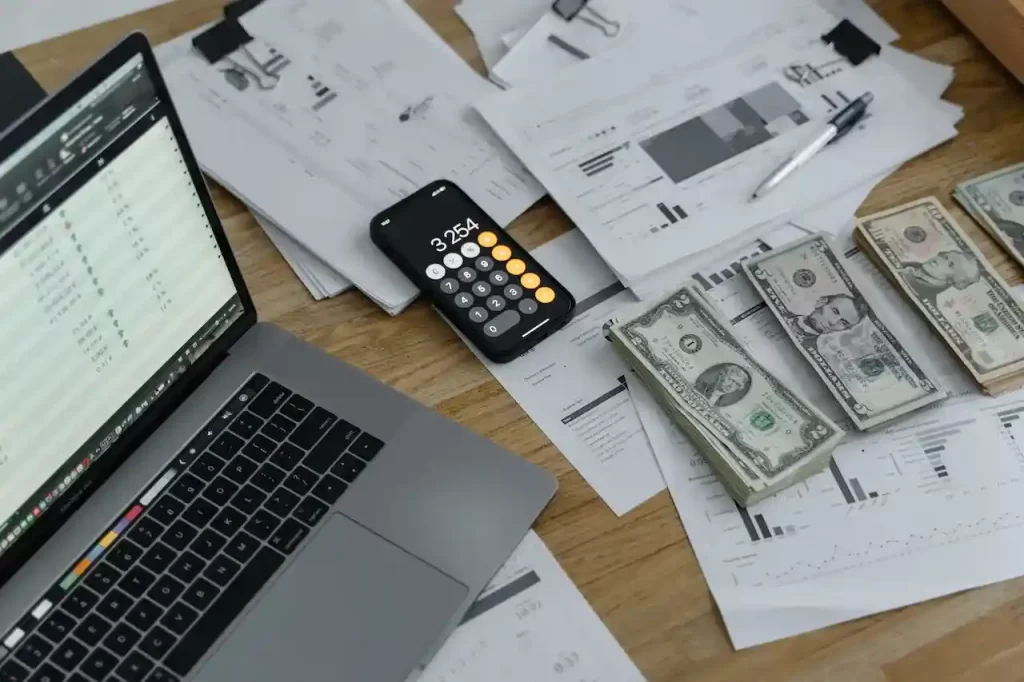Freelancing can be an exciting and rewarding career path, but it comes with its own set of unique challenges, especially when it comes to managing finances. Unlike traditional jobs, freelancers don’t receive a consistent paycheck every month, which can make budgeting difficult. Additionally, freelancers often have to pay for their own business expenses, such as software subscriptions or equipment, which can make budgeting even more complex.
Despite these challenges, creating a budget is essential for freelancers to effectively manage their income and expenses. Without a budget, it’s easy to overspend, leading to financial stress and potentially even debt. By creating a budget, freelancers can get a clear understanding of their income and expenses, set financial goals, and make informed decisions about how to allocate their resources.
A budget can also help freelancers prepare for slow periods and unexpected expenses. By setting aside money for emergencies or periods of low income, freelancers can avoid dipping into their savings or going into debt.
In this article, we’ll explore five steps freelancers can take to start their budgeting journey and gain control over their finances. By following these steps, freelancers can build a strong foundation for financial stability and success.
Are you self employed? Here are some tips on how you can maxizime your budget.
Track Your Income and Expenses
The first step to creating a budget as a freelancer is to track your income and expenses. This will give you a clear understanding of your financial situation and help you make informed decisions about how to allocate your resources.
To calculate your average monthly income, start by reviewing your income for the past several months. If your income varies from month to month, calculate an average based on the past six to twelve months. This will give you a better understanding of your average monthly income and help you plan for any fluctuations.
Next, track all of your expenses, including personal and business expenses. This includes everything from rent and utilities to software subscriptions and office supplies. It’s important to track all of your expenses, even small ones, to get an accurate picture of your spending habits.
You can track your expenses using a spreadsheet, budgeting software, or a budgeting app. Be sure to categorize your expenses so that you can see where your money is going each month. This will also help you identify areas where you may be overspending and where you can potentially cut back.
Tracking your business expenses is especially important as a freelancer, as these expenses can be tax-deductible. Keeping detailed records of your business expenses will make it easier to file your taxes and potentially save you money on your tax bill.
By tracking your income and expenses, you’ll have a clear understanding of your financial situation and be better equipped to create a budget that works for you.
Set Financial Goals
Setting financial goals is an important part of budgeting as a freelancer. It gives you a clear target to work towards and helps you prioritize your spending. When setting financial goals, it’s important to make them specific and achievable.
Specific goals are ones that are clearly defined and measurable. For example, instead of setting a goal to “save money,” set a goal to “save $500 per month.” This gives you a clear target to work towards and helps you track your progress.
Achievable goals are ones that are realistic based on your current financial situation. For example, if you’re currently struggling to pay your bills, it may not be realistic to set a goal to save $1,000 per month. Instead, set a goal that’s achievable based on your current income and expenses.
Examples of short-term financial goals for freelancers include building an emergency fund, paying off high-interest debt, or saving for a specific purchase, such as a new computer. Long-term financial goals may include saving for retirement or buying a house.
It’s important to prioritize your goals based on your individual needs and values. What’s important to one freelancer may not be as important to another. By setting specific and achievable financial goals, you’ll be able to make informed decisions about how to allocate your resources and work towards financial stability and success.
Create a Budget Plan
Once you’ve tracked your income and expenses and set financial goals, the next step is to create a budget plan that works for you as a freelancer. This plan will help you allocate your resources and prioritize your spending.
To create a budget plan, start by listing your income and expenses. Divide your expenses into categories, such as housing, transportation, food, and entertainment. Then, compare your income to your expenses and look for areas where you can potentially cut back.
There are different budgeting methods and tools available for freelancers. The envelope system involves putting cash into envelopes for each category of expense and only using that cash for that particular category. This helps you avoid overspending in a certain category and stay within your budget.
The 50/30/20 rule is another popular budgeting method that allocates 50% of your income towards needs, 30% towards wants, and 20% towards savings and debt repayment.
Budgeting software and apps, such as Mint or YNAB (You Need a Budget), can also be helpful tools for freelancers. These tools allow you to track your income and expenses in real-time, set financial goals, and receive alerts when you go over budget.
The budgeting method and tools you choose will depend on your individual needs and preferences. The key is to find a method that works for you and stick to it. By creating a budget plan, you’ll be able to make informed decisions about how to allocate your resources and work towards your financial goals.
Stick to Your Budget
Creating a budget plan is only half the battle – the other half is sticking to it. Here are some tips and strategies to help you stay on track with your budget plan:
- Set reminders: Use reminders or alerts to help you stay on track with your budget. Set reminders for bill payments or to check your spending in certain categories.
- Track your spending: Regularly track your spending to ensure that you’re staying within your budget. This will also help you identify areas where you may need to cut back.
- Avoid impulse purchases: Try to avoid impulse purchases by giving yourself time to think before making a purchase. Ask yourself if you really need the item and if it aligns with your budget and financial goals.
- Find ways to save money: Look for ways to save money, such as using coupons, buying in bulk, or negotiating bills.
- Review and adjust your budget: Periodically review and adjust your budget based on changes in your income or expenses. This will help you stay on track with your financial goals and ensure that your budget plan is still relevant.
It’s important to remember that sticking to a budget plan can be challenging, especially as a freelancer with irregular income. However, by implementing these tips and strategies and regularly reviewing and adjusting your budget, you’ll be able to stay on track with your financial goals and achieve greater financial stability.
Monitor Your Progress
Monitoring your progress is an essential step in achieving your financial goals as a freelancer. It allows you to see if you’re on track, identify areas that need improvement, and make adjustments as needed. Here are some tips on how to monitor your progress:
- Track your spending: Keep track of your spending to ensure that you’re sticking to your budget plan. This will also help you identify areas where you may need to adjust your budget.
- Check your financial statements: Regularly check your bank statements and credit card statements to make sure that there are no errors or fraudulent charges. This will also help you keep track of your spending.
- Review your financial goals: Periodically review your financial goals to ensure that you’re making progress towards achieving them. If necessary, adjust your goals or your budget plan to ensure that you’re on track.
- Celebrate your successes: Celebrate your successes along the way. This will help you stay motivated and focused on achieving your financial goals.
The benefits of tracking your progress and making adjustments as needed include staying on track with your financial goals, avoiding overspending, and ensuring that you’re making progress towards achieving greater financial stability. By monitoring your progress, you’ll be able to make informed decisions about how to allocate your resources and work towards your financial goals.
Conclusion
In conclusion, starting a budget as a freelancer can be challenging, but it is essential for managing your income and expenses effectively and achieving greater financial stability. Here are the key steps to starting a budget:
1. Track your income and expenses.
2. Set financial goals.
3. Create a budget plan.
4. Stick to your budget.
5. Monitor your progress.
By following these steps, you’ll be able to create a budget plan that works for you as a freelancer and stay on track with your financial goals.
Remember, the key to success is to find a budgeting method that works for you and stick to it. Be sure to track your spending, review and adjust your budget plan as needed, and celebrate your successes along the way.
Starting a budget can be daunting, but the benefits are worth it. By taking control of your finances and working towards your financial goals, you’ll be able to achieve greater financial stability and peace of mind. So, don’t wait – start your budgeting journey today and take the first step towards a more secure financial future.





